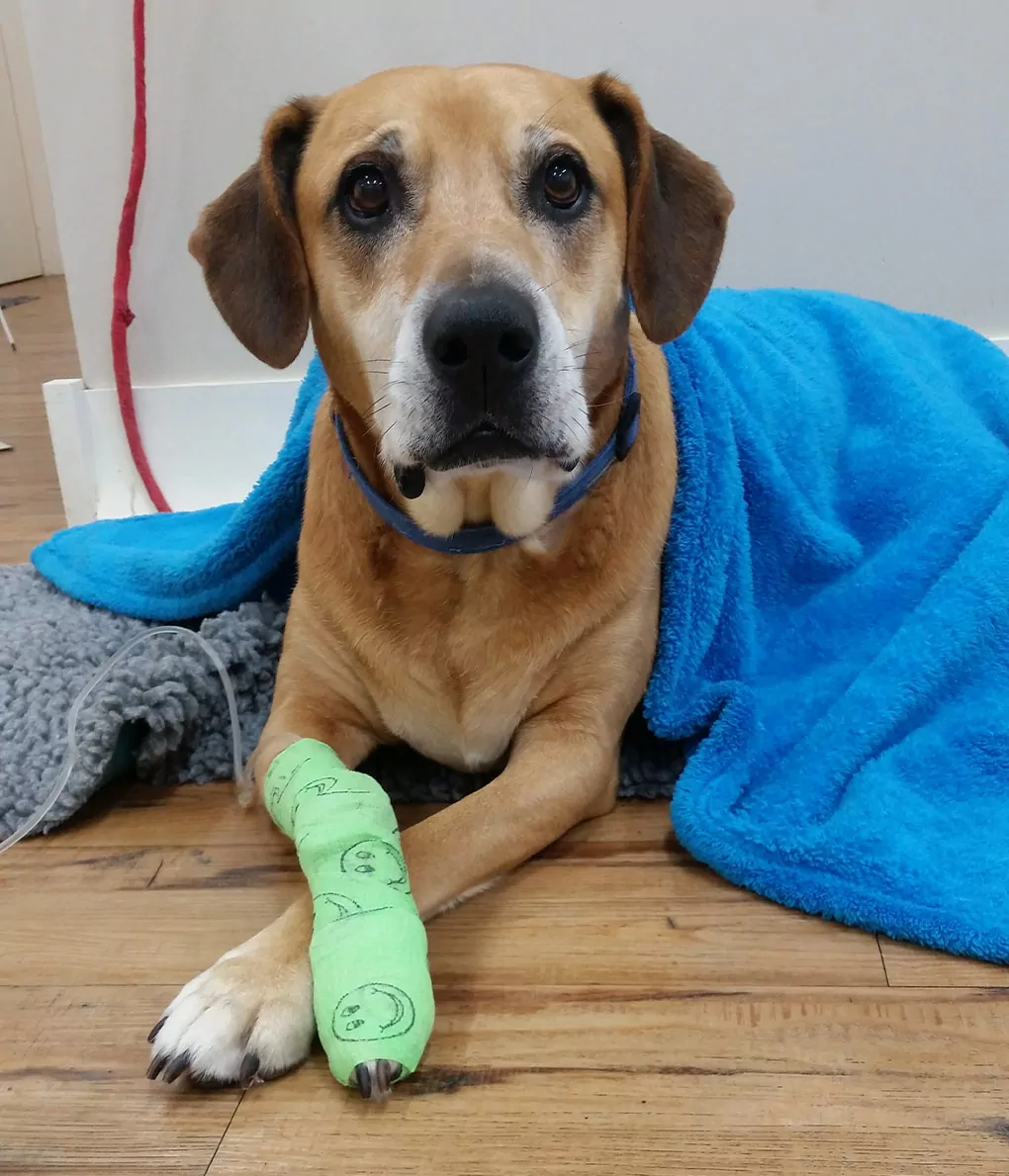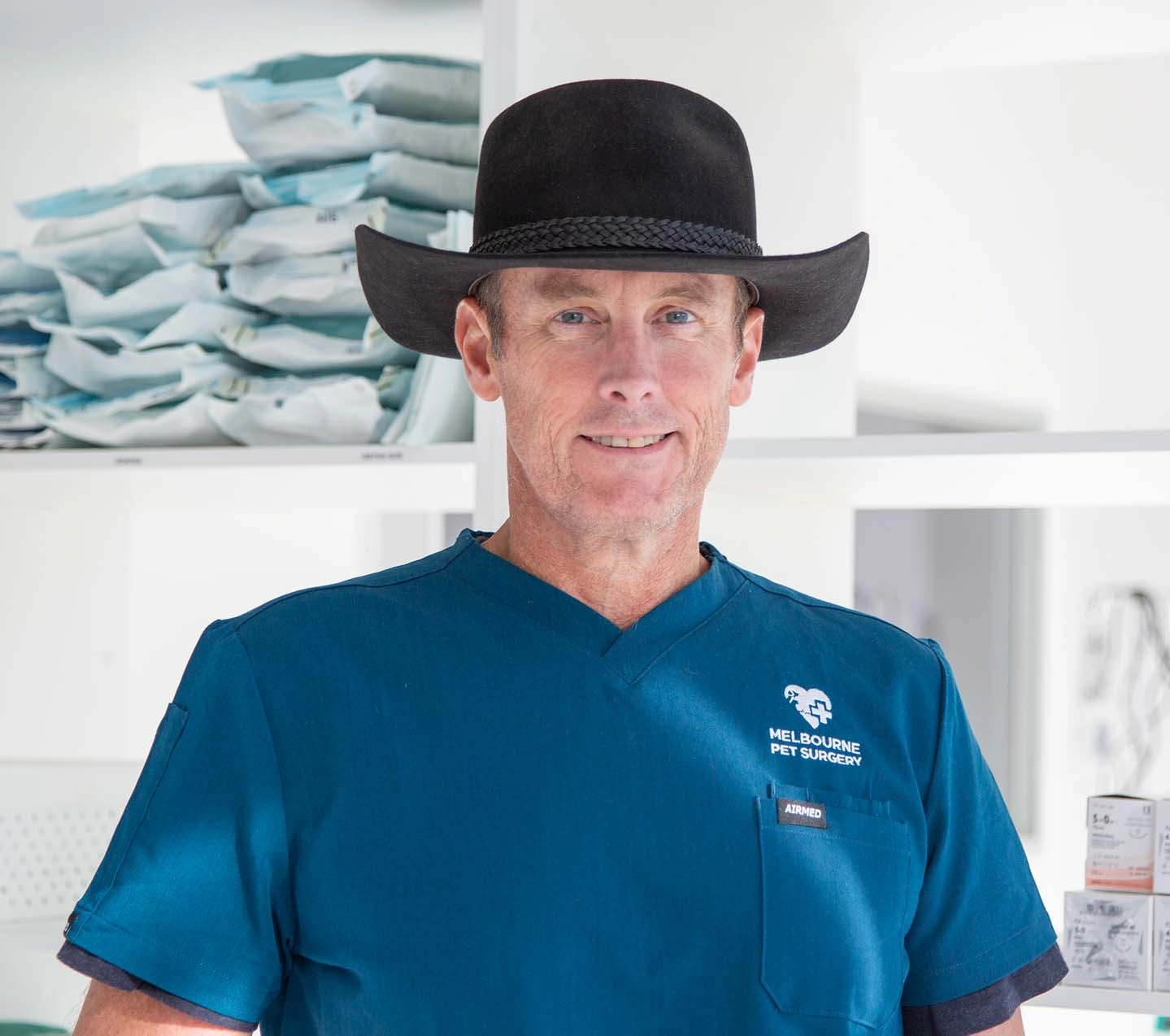Gastrointestinal Obstructions
What is a gastrointestinal obstruction?
Determining whether there is a gastrointestinal obstruction in dogs or not is actually incredibly simple, as they tend to show up on x-rays (especially when it’s a bone, rock or metallic object). Other items (like seeds, rubber or pieces of toys) can be more difficult to spot on an x-ray. In such cases, a contrast such as barium is need to determine if an obstruction exists.
Procedure cost
Depending on the complexity of the surgery and the length of hospital stay required, these sorts of procedures usually cost between $1,800 and $2,800 at Melbourne Pet Surgery.
Optional pre-anaesthetic blood test available for all surgeries (additional cost)
Recovery and aftercare
Usually, your pet will be able to return home between one and three days after the surgery. They will be placed on a liquid diet for 24 hours, then carbohydrates (like pasta) will be added the next day. Over the following two days, you will be able to slowing start including components of your pet’s usual diet. It’s also recommended that you remove any high-risk toys for the timebeing.
.webp)

